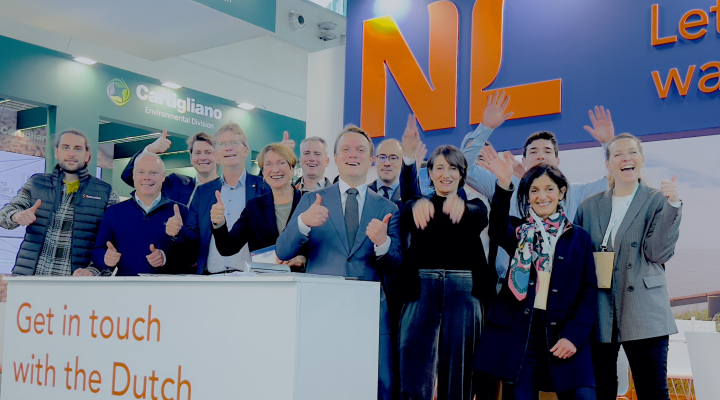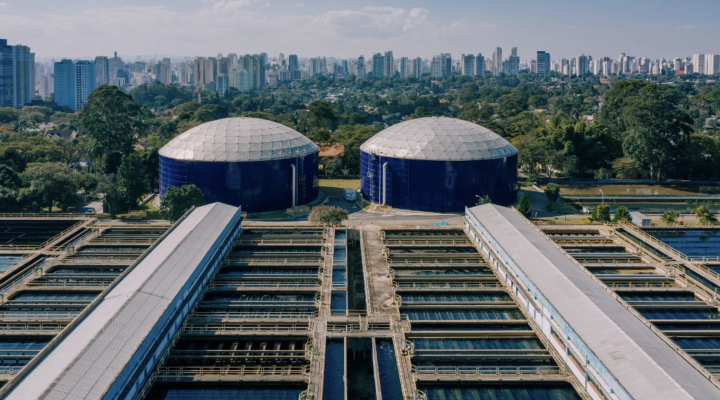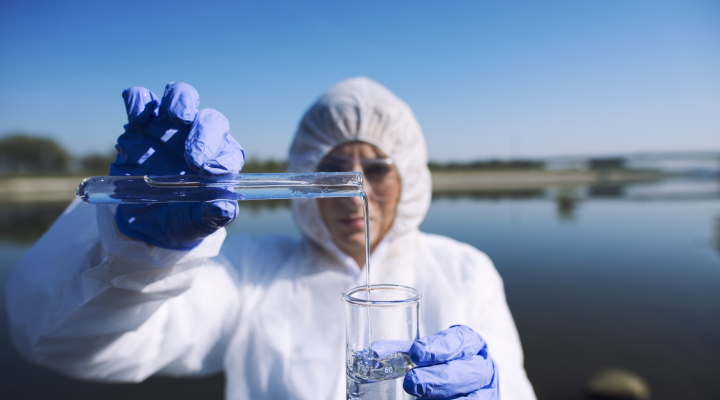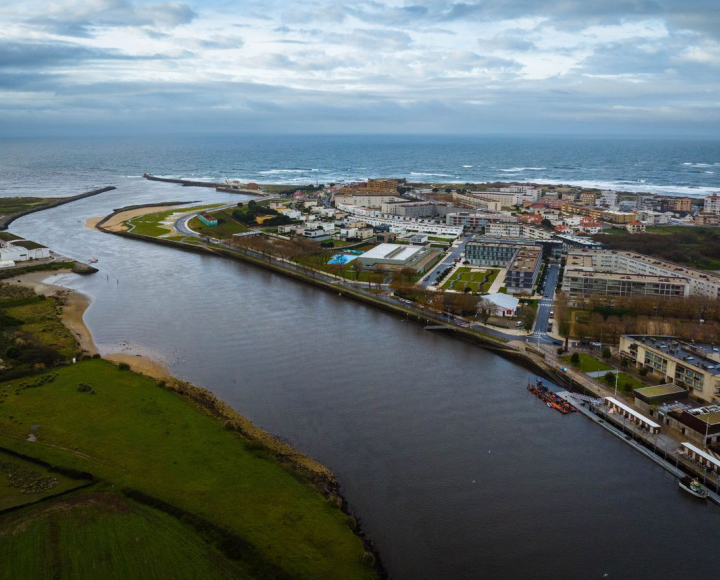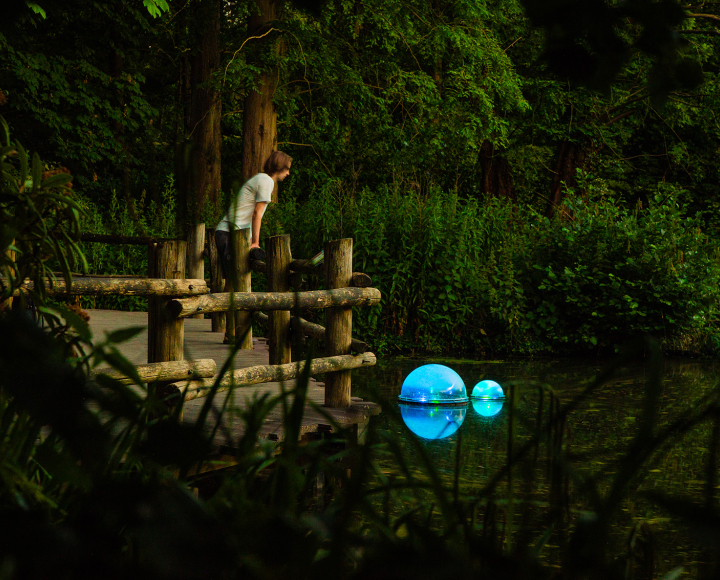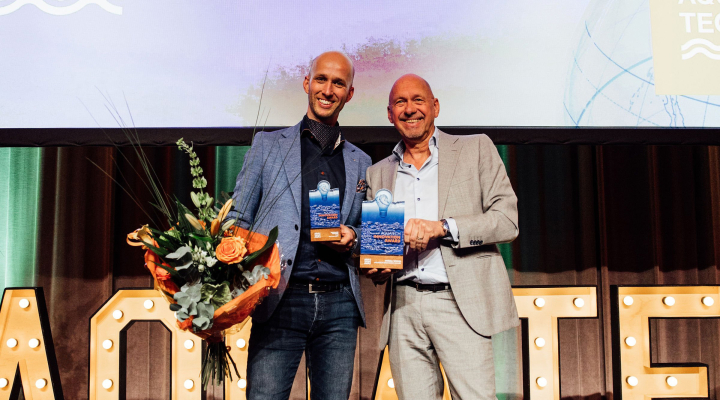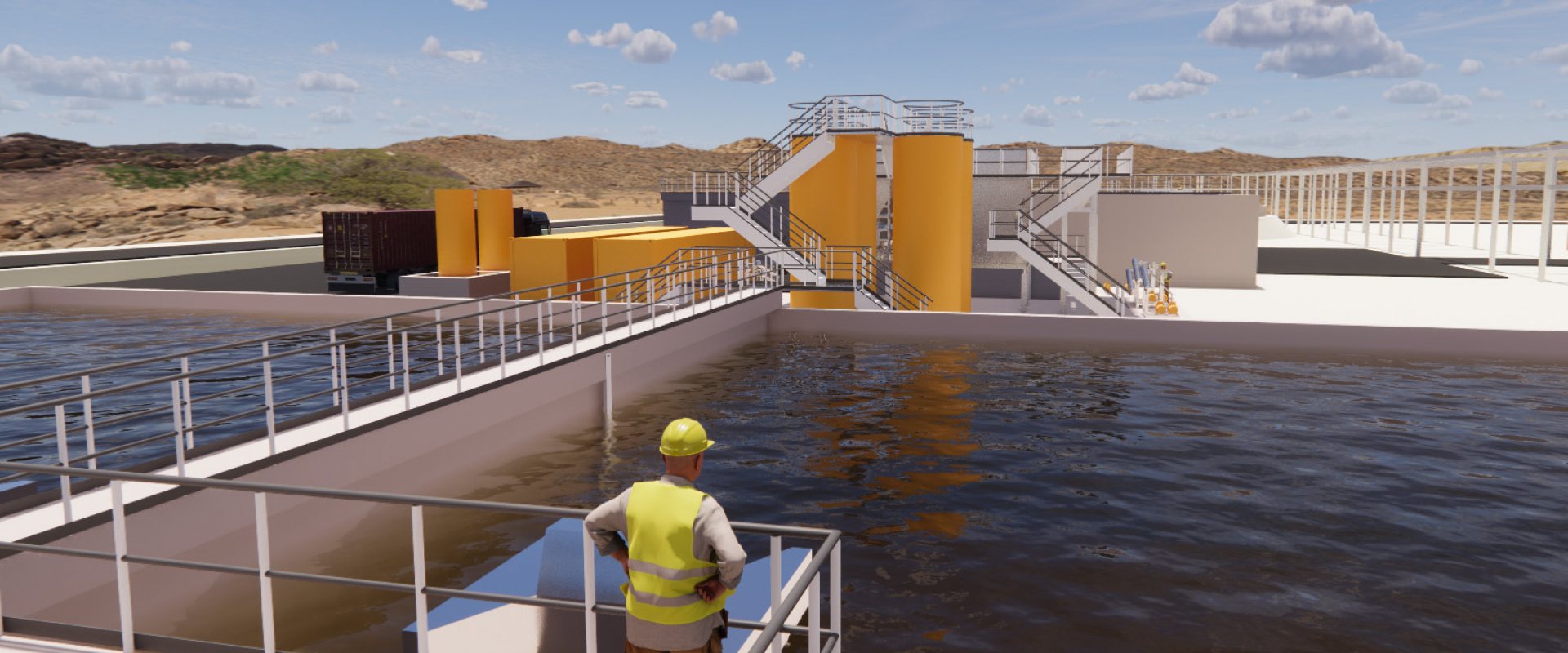
Zero liquid discharge for new hydrocracker along river Nile
Construction group Petrojet has awarded Nijhuis Saur Industries the engineering, manufacturing and procurement order to supply the industrial wastewater treatment plant for a new hydrocracking complex in Egypt.
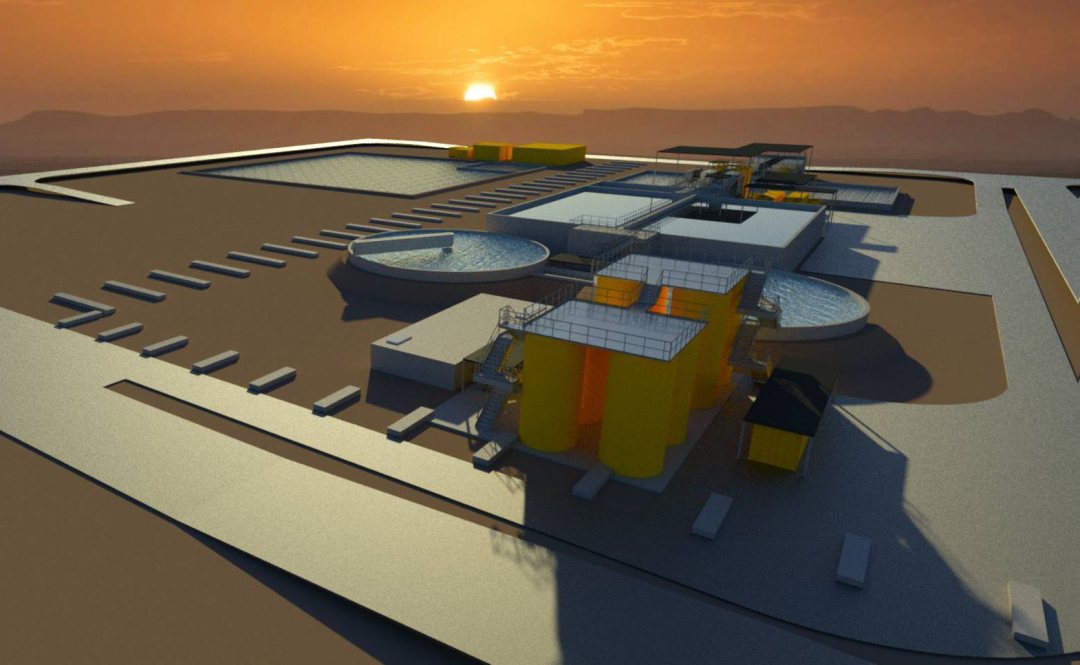

Maximal water reuse
Petrojet is the main EPC contractor for the new hydrocracking complex of Assiut National Oil Processing Co. (ANOPC) in Egypt. Nijhuis Saur Industries is to supply the wastewater treatment package treating several water streams.
The process flow consists of a number of proven technologies. The final polishing step consists of both sand and carbon filtration, allowing a maximum water reuse in the production process and, at the same time, avoiding the discharge of pollutants to the river Nile.
The start-up of this water treatment facility is expected in 2023. Nijhuis Saur Industries will also provide supervision to Petrojet during installation and commissioning.
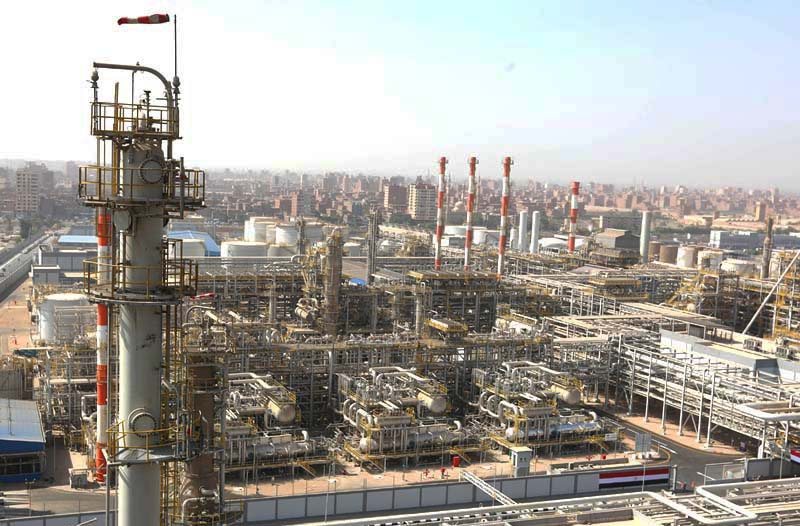

Closing the water loop
To provide ‘water-on-demand’, to minimise the impact of using intake water from the Nile, and to minimise any subsequent discharge, the additional zero-liquid-discharge (ZLD) equipment closes the water loop and meets Nijhuis Saur Industries’ policy to ‘reduce, reuse and recover’.
President and CEO, Menno M. Holterman, at Nijhuis Saur Industries stated: ‘For thousands of years the river Nile has been Egypt’s primary source of drinking water, and has also been a natural source of water to the country’s industrial and agricultural sectors. Our team has been challenged to design a real showcase for Egypt, enabling them to produce highly valuable energy products, whilst minimizing the use of water, avoiding the discharge of pollutants to the river Nile, reducing the impact on the environment, and all whilst adapting to the harsh Egyptian weather conditions.’
Several water streams
The new wastewater plant will treat several water streams, such as cooling tower blow-down, oily water effluent, spent caustic effluent, and sanitary water. The process flow consists of a number of proven Nijhuis Saur Industries technologies, and starts with treating the wastewater via API separation units and primary equalization. This will then be followed by a coagulation/flocculation and DAF process.
The secondary treatment consists of biological tanks with activated sludge, followed by the final polishing step in the ZLD plant. The sludge generated from the different process steps is collected, and will be treated with a sludge dewatering system.
Finally, the concentrated spent caustic effluent stream will have a specialized pre-treatment installation to reduce the high COD. By oxidising all reactive sulphur compounds, this enables it to become biodegradable for further treatment.




